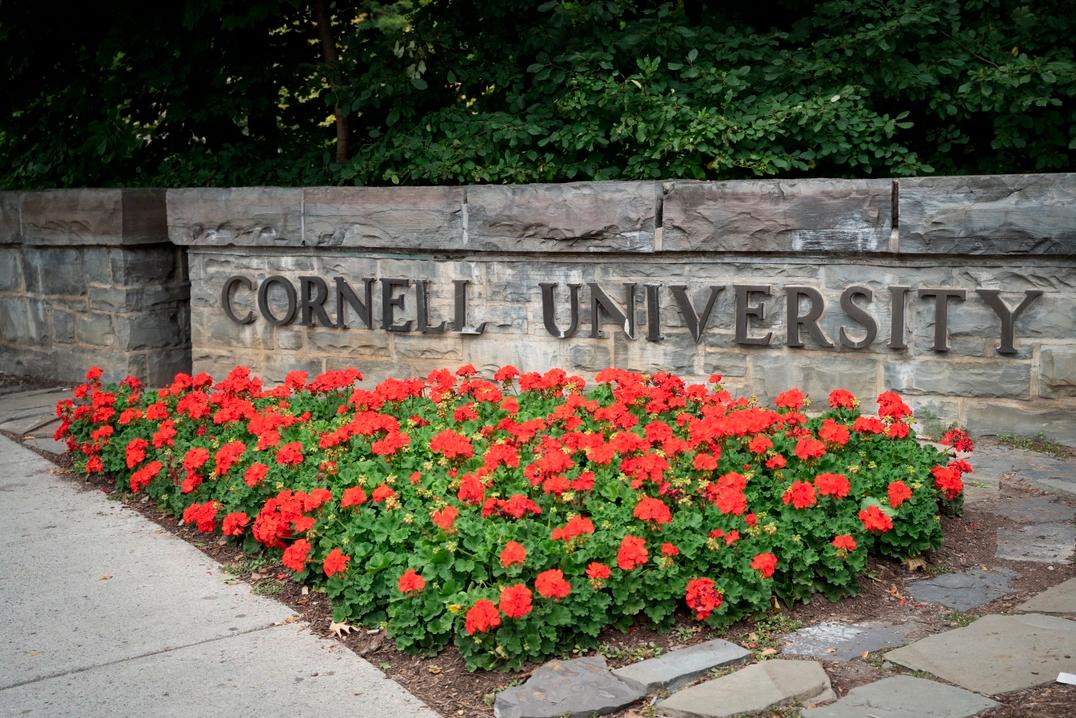The University of Oregon (UO) is under fire from two free speech advocacy groups, who claim it is infringing on freedom of speech and expression.
The university’s Division of Equity and Inclusion is being sued for blocking a critic on Twitter, even as the institution is being pressured to stop imposing an ideological litmus test for hiring and promotions.





